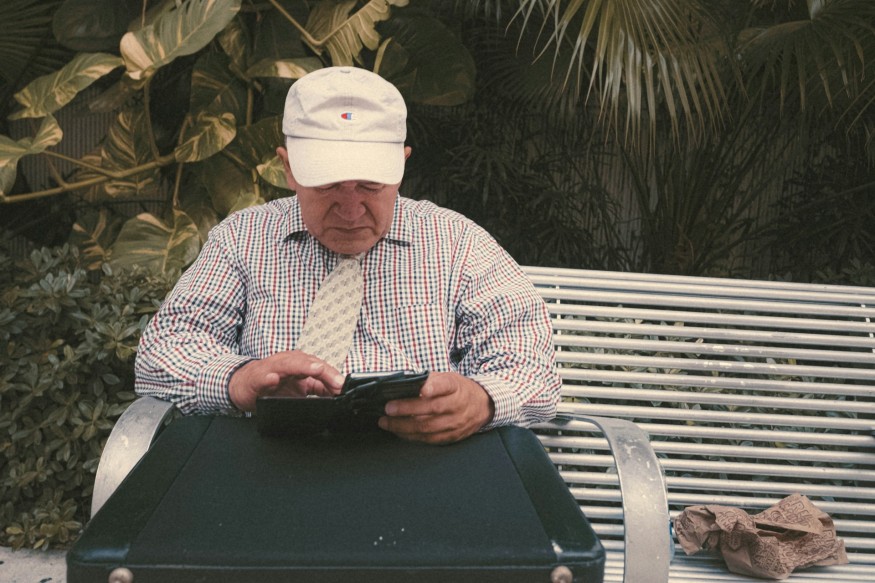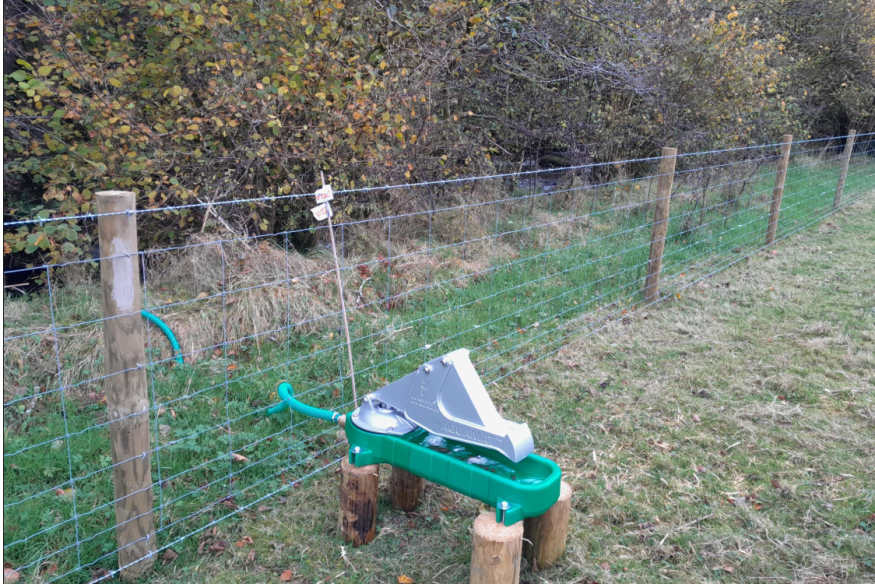
June 02, 2025 - 887 views
Cutting-edge smart technology is revolutionising care for older people, allowing them to stay in their homes longer.
Voice-activated devices and smart speakers help with medication reminders, remote check-ups, and monitoring appliances.
Minister for Mental Health Sarah Murphy visited two projects in West Wales exploring this technology, and was quick to highlight the importance of smart home tech in improving quality of life for older adults and supporting health and social care.
She had a tour of the SMART Home Lab at Aberystwyth University, which is trialling a fully-functioning and connected bungalow to test assisted living technology.
The Supporting Care Circles project uses an online dashboard to collect information from a range of sensors placed in a person’s home, which allows carers, families and health professionals to keep a remote eye on a loved one.
This involves monitoring which room a person is in, which appliances have been used, room temperature and if cupboards, fridges, blinds etc, have been left open.
The Minister also visited Penmorfa Centre for Independent Living in Aberaeron, which provides smart devices to help people access information and stay in their own homes for longer.
Sarah Murphy said: "Smart home technology will play a crucial role in improving quality of life and independence for older adults while supporting our dedicated health and social care workforce.
"Helping people to remain at home for longer, with the right support, will provide a massive benefit in avoiding unnecessary hospital admission and delayed discharge from care.
"It has been fascinating to learn about the latest technology, to support people to manage their health, maintain their independence and improve their quality of life."
Dr Patricia Shaw, Senior Lecturer at the Department of Computer Science at Aberystwyth University, said:
"The smart home lab gives the university a space to co-create technologies and evaluate how they work in a real-life context. It also provides a space for the whole social care ecosystem – spanning health and social care professional, public and private care providers, and the elderly themselves – to explore new solutions."








